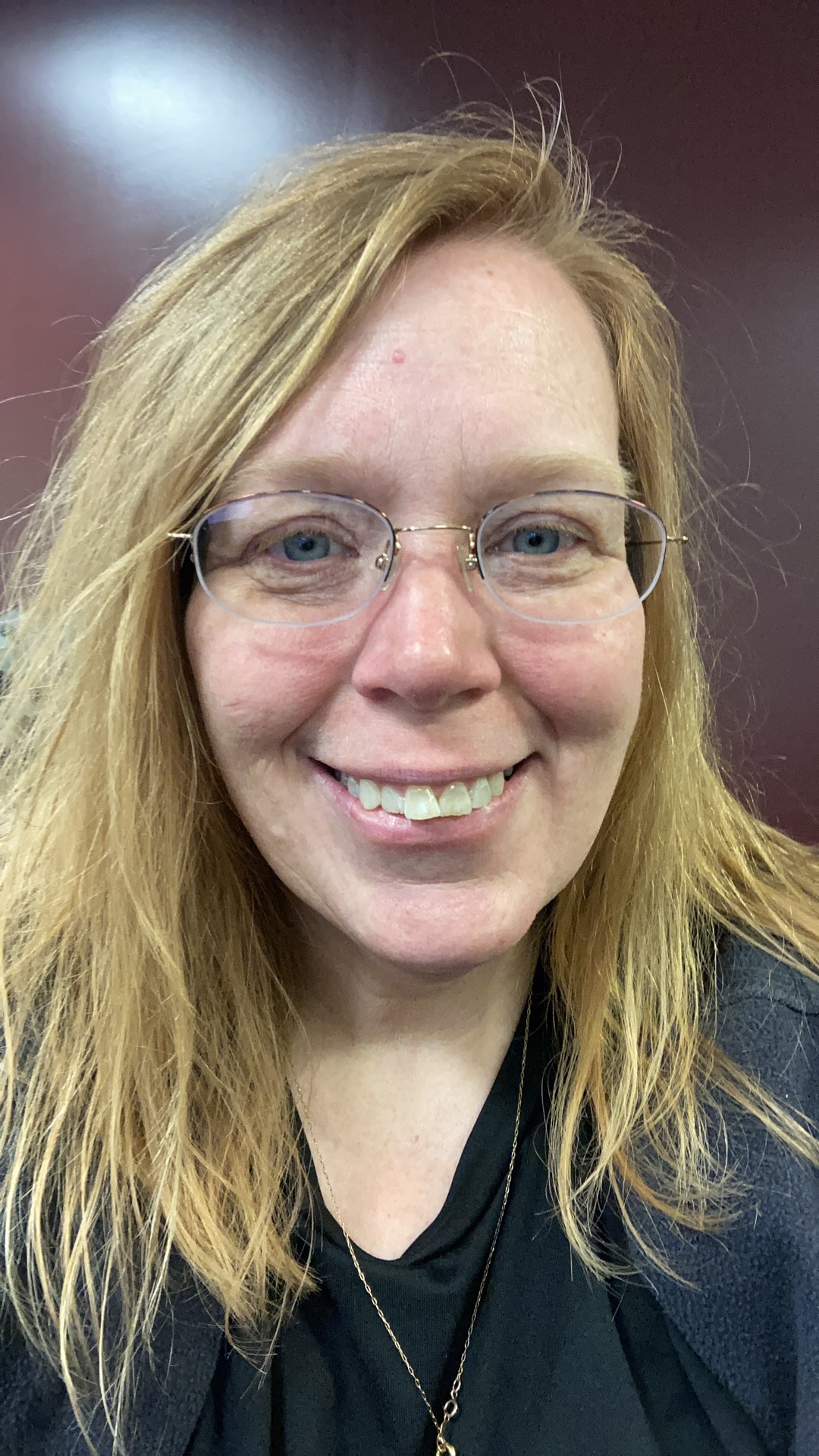Pandemics and the Future of Online Learning
As a continuing education student who started her bachelor’s degree twenty-seven years ago, I dreamed of returning to college. While working in a busy metropolitan hospital laboratory surrounded by professionals, I often felt just a little inferior by not finishing my degree. When the topic came up in conversation, others would encourage me to finish my studies. Self-esteem and courage were not the problem. The problem was that I was a statistic: a single mother with an incarcerated ex-husband, no child support, relying on welfare and standing in lines for food, school supplies and Christmas gifts. With the breakdown of familial systems in our society, I knew my situation was not uncommon, but it was still painful. I raised my children and watched them grow into productive young adults who are currently making their own way in this world. As they became more independent and responsible for themselves, my newfound freedom led me back to school.
I started with night classes at the local community college. I was not surprised when I was the oldest one in the room, including the professor, but felt encouraged and accepted. As the semesters went by, I was succeeding, both in academics and personal relationships. I attended scholarship banquets and was inducted into the Phi Theta Kappa Honor Society. I was living, not just surviving.
An American Sign Language professor introduced me to the Eastern Kentucky University (EKU) Interpreter program. Born and raised in central Illinois, I had never heard of EKU. I began to play scenarios in my mind of attending. It began to rule my thoughts and my conversations. I was 40-something with a mortgage and a career so making such a drastic change did not make sense. However, it was something I could not ignore. I applied to the school and was ecstatic when I received my acceptance letter. In quick succession I sold my house, resigned from my job, and moved to a town that was foreign to me. The move came at the exact same time when officials were contemplating closing borders, and public life was rapidly shutting down. Due to quarantine and social distancing restrictions, farewell parties were cancelled, and I was not able to say good-bye to family, friends or co-workers.
Then came the news that classes would be held by virtual instruction only. I had an aged, used laptop in which I was not proficient, and felt more comfortable with face-to-face conversations. I was quickly made aware that I had to rely heavily on delayed emails from staff working from home, make appointments for phone calls and receive links for Zoom meetings. The lack of interaction in my new city was creating emotional problems. Coursework took a long time as I was not familiar with required computer programs, such as Blackboard, Outlook and OneDrive. Coupled with my age, I feared I had made a terrible mistake. Those feelings of inferiority came back, and doubt made me feel like I was the only one having trouble understanding. Other than grades, feedback was minimal. While my grades were high, I was working six to eight hours each day to achieve them. During this pandemic, television ads were telling us to “check on your strong friends,” and on the outside, I looked like a thriving student with a 4.0 grade point average and the courage to drop everything for a dream. However, I was trying to make sense of a world turned upside down. Although I was alone in a new place, I was not alone in my fears. We all possess the same feelings, whether we choose to show them to others or keep them bottled up like a shaken soda.
To remedy what I and countless others suffered through, I propose that self-care education be taught to all ages and levels. Children are not exempt from grief, worry and loneliness and need to be taught coping mechanisms for relief. Suicide is the second leading cause of death for youth and suicide attempts are on the rise. While it is best that children learn coping skills from their parents, we know this is idealistic. Children learn how to care for their bodies in physical education, health, and science classes, but are not taught how to care for their minds and emotions. Potential aids include “slow-down time” to train the brain and body to calm itself, or a “cool-down box” with special gadgets, such as fidget spinners, bubble wrap and lollipops. The strategy that has had the greatest impact on me is a “self-compassion break.” This is when I acknowledge that I’m feeling a struggle, remind myself that stress is a part of life and I am not alone in my experiences, and find a way to be compassionate to myself. During this current spring semester, I am taking a class entitled Stress Management and Self-Care and notice that many fellow classmates are on the verge of graduating. These skills would have been helpful years ago when they were bombarded with new student experiences and, although I took care of others for my entire adult life, I had given little thought about how to care for myself. While we all experience isolation and lack of human interaction during the COVID pandemic, coping skills that could have been learned and perfected years before the crisis hit would have made a difference in the lives of many.
Reference: Heitz, J. (2020, Nov. 12). Breaking News: Teen Suicide Rates Rising in 2020. Parentology. https://parentology.com/breaking-news-teen-suicide-rates-rising-in-2020/.
Jones, Holly, MSW (2020, Aug. 11). Self-Care by Age: Everything You Need to Know. Child Savers. https://childsavers.org/self-care-for-kids-by-age/


